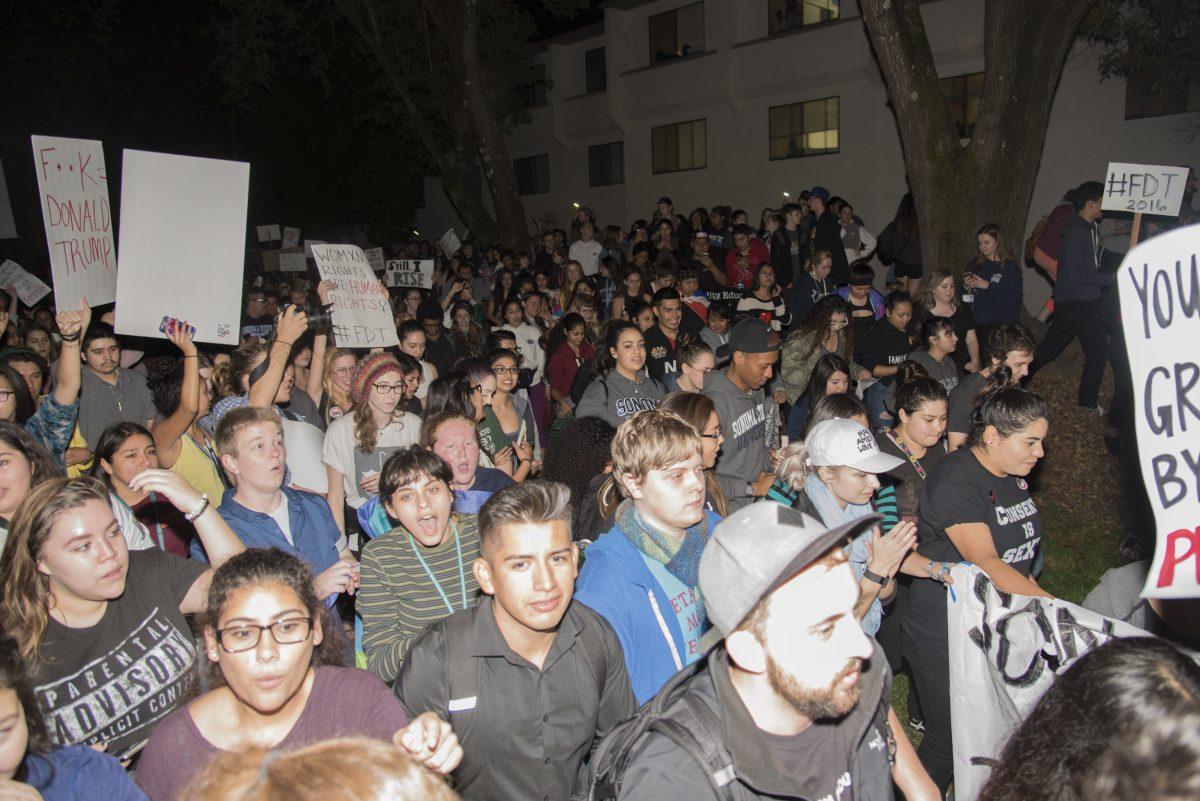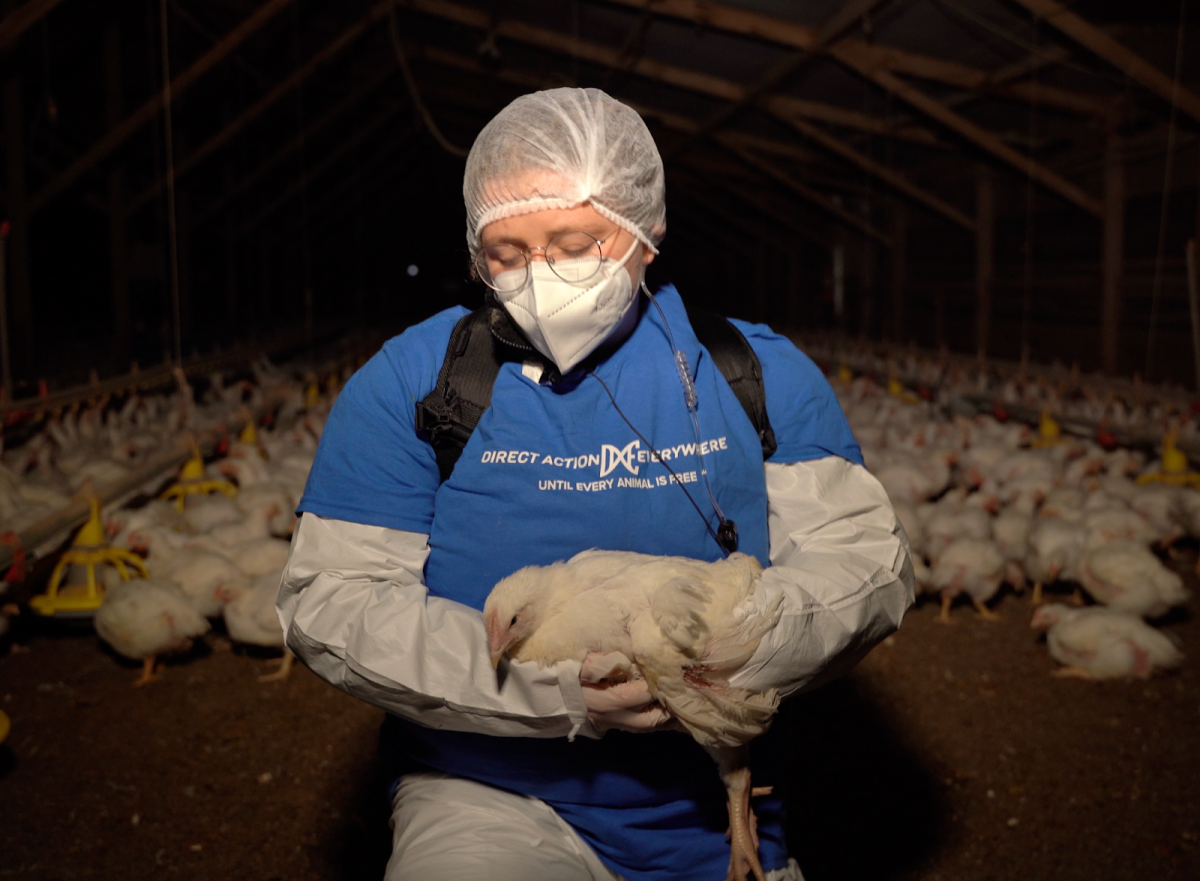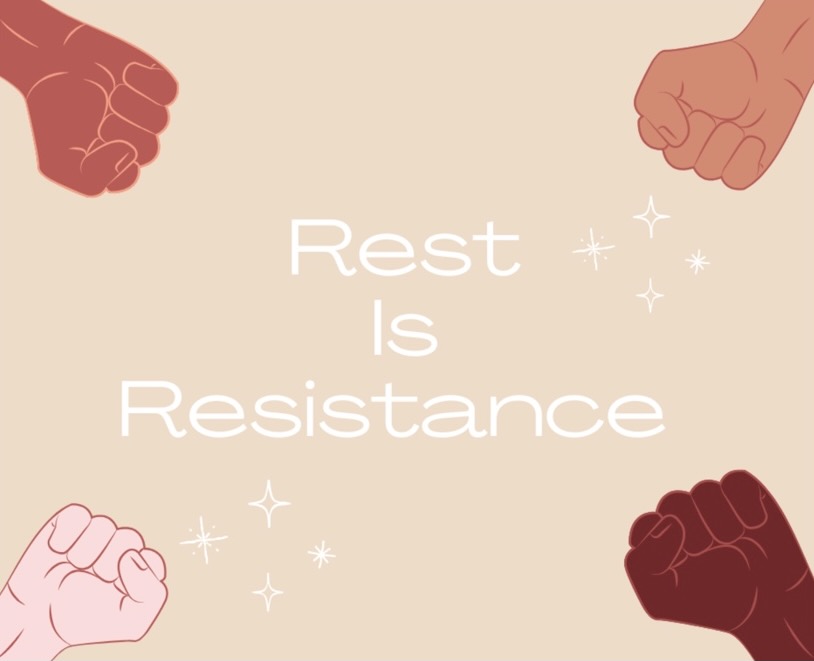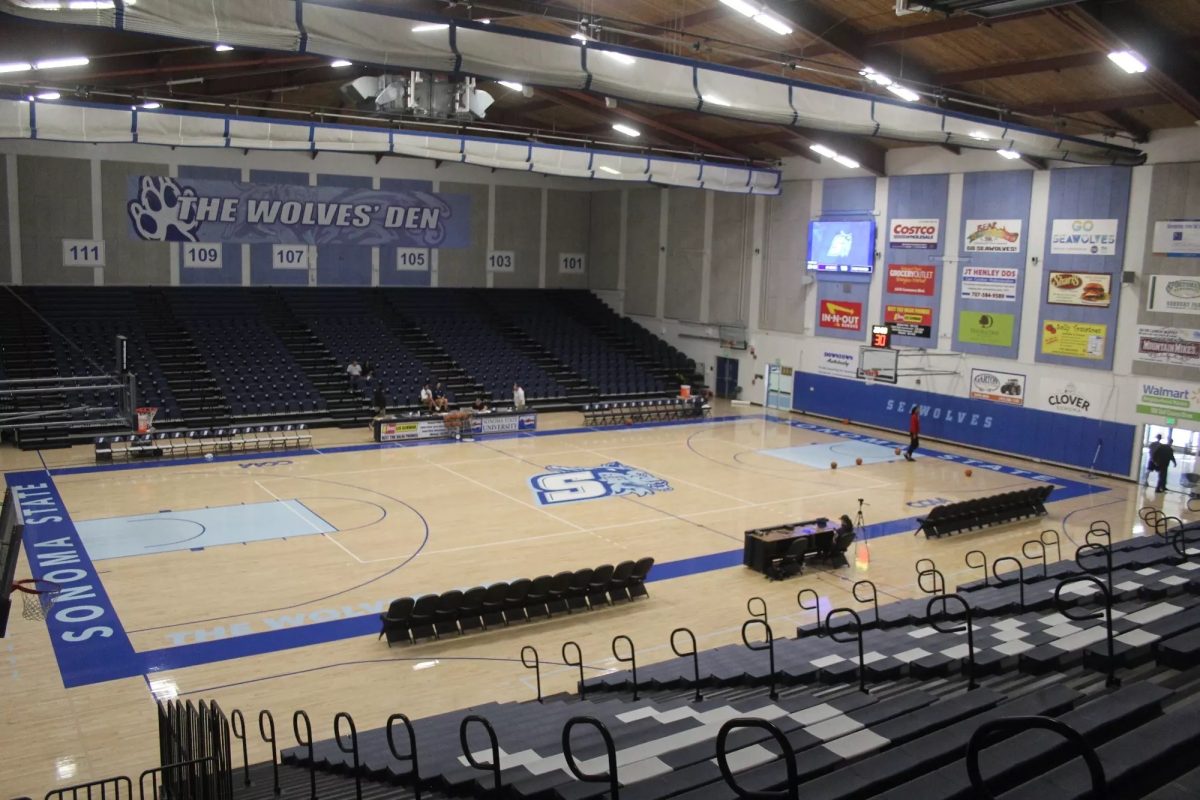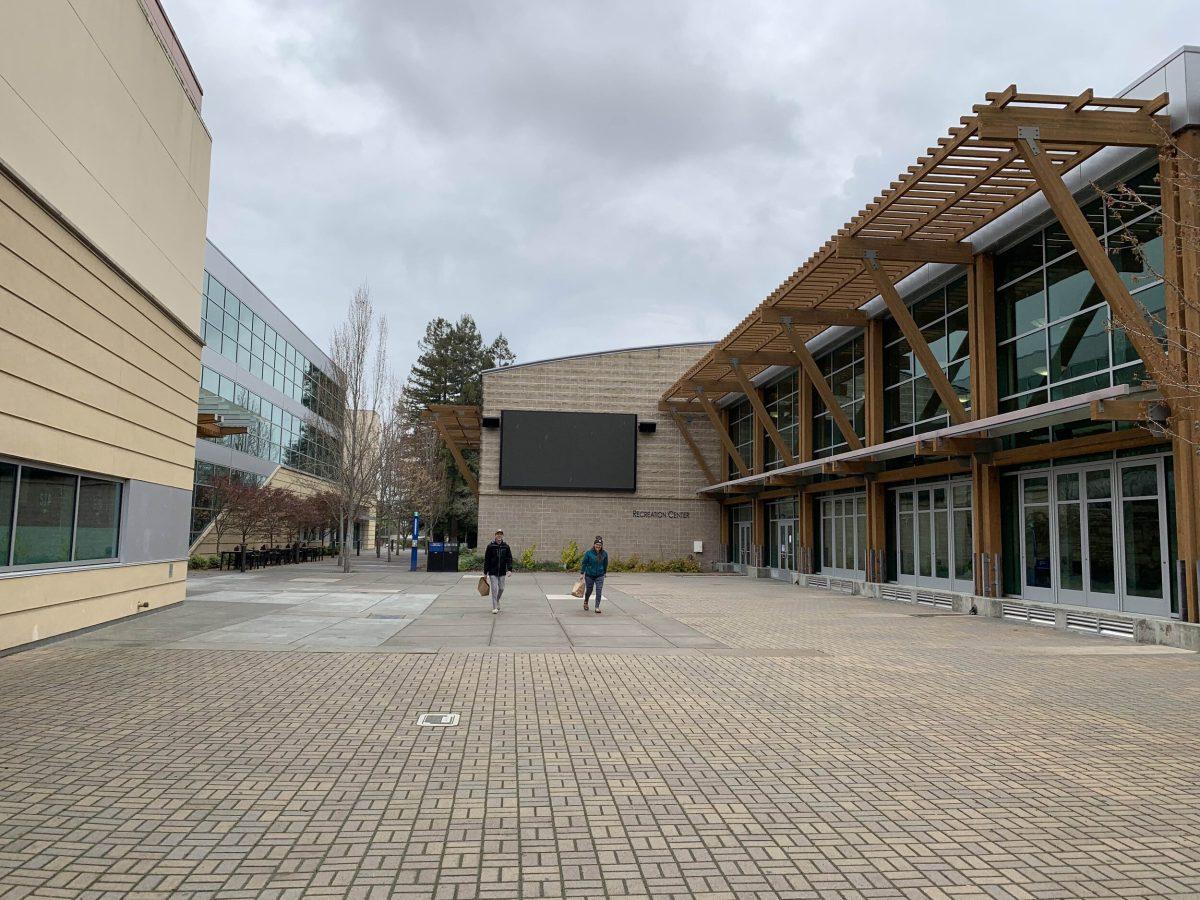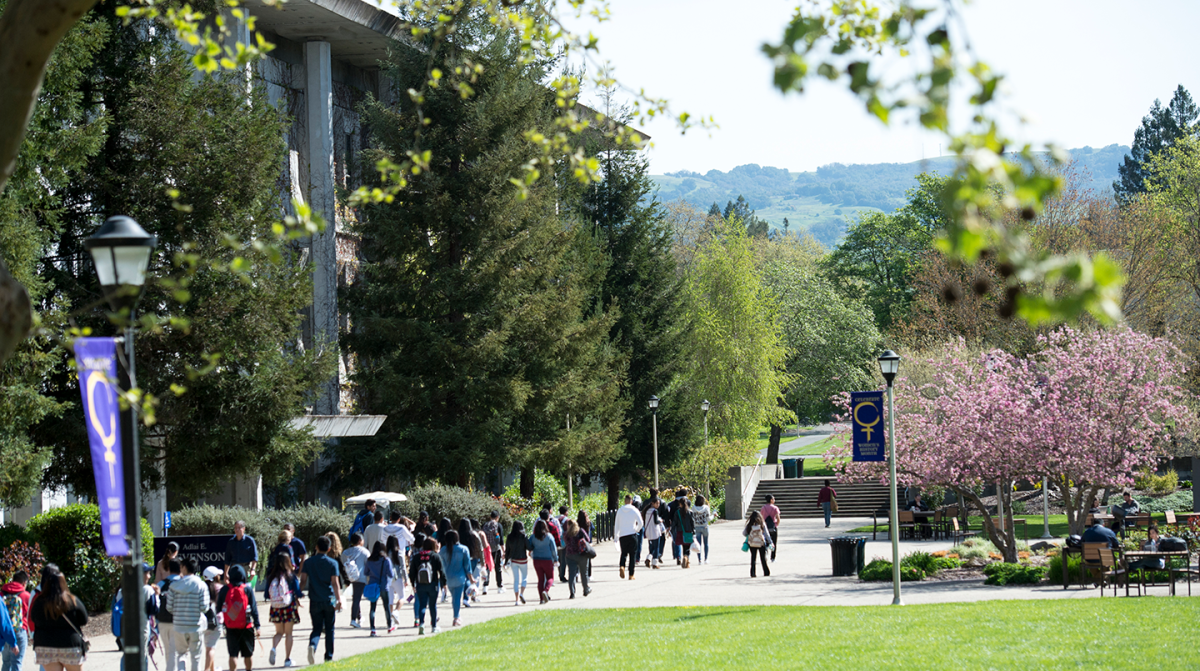Since the coronavirus epidemic, colleges and universities across the nation have shifted classes online or closed campuses. Students are now hoping for some sort of refund and a discount toward tuition, however, some colleges and universities have other plans.
More than 200 institutions of higher learning have closed in an effort to stop the spread of the coronavirus. In addition to Sonoma State, some of the colleges that said they will refund students for unused room and board on a prorated basis include Harvard, Smith, Tufts, and Duke University.
Schools are offering prorated refunds and will be working with students who choose to stay on campus, such as those who don’t have suitable housing. This also applies to international students who can go back home depending on which country is being affected heavily from the coronavirus.
Mark Kantrowitz, a higher education expert, said, “I would not be surprised if colleges that refuse to provide room and board refunds will face class action lawsuits.”
Harvard officials have advised students that the school will help those with financial items such as buying a bus, train, or plane tickets home. Market Watch reported that Havard alumni are offering to host students who have to leave campus and need temporary housing.
Representatives for Havard and Tufts have confirmed that they will not give any discounts on tuition due to the shift to online classes. According to the College Board, the average tuition a year for a student at an in-state four-year university is $11,500, while out-of-state can average out to $26,800. This does not include private schools, which average $36,900.
Other schools have not responded back to Market Watch on questions to whether or not they will give discounts. The schools include the University of Washington, Princeton University, Northeastern University, Stanford University, and Grinnell College.
Some colleges like Cornell University are giving out rebates on housing and dining to on-campus students who are leaving campus. The vice president of academic affairs for Des Moines Area Community College stated that any decision on discounts will be made on a case by case basis. They will see if they can accommodate students in different ways such as course extensions.
Even if colleges decide to give some sort of discount, it would create a dilemma for a portion of students receiving financial aid. Tuition discounts could potentially jeopardize students’ future eligibility for any financial aid or grants for low-income students. The discounts themselves could be counted as income for those students.
Carrie Welton, a consultant at Believe in Students, a nonprofit organization helping students with emergency financial aid, said, “It could potentially create more problems than solutions depending on a student’s financial situation. Changes that could affect a student’s award package or tuition assistance could complicate eligibility for public benefits,”
On April 9, Millburg Phillips Grossman LLP, a member firm of The Coronavirus Litigation Task Force, filed a class-action lawsuit on behalf of students from Purdue University. The students were forced to leave campus and take online courses due to the spreading outbreak.
The lawsuit claims that the students were not offered adequate refunds for tuition, housing, meals, and fees. They are seeking appropriate compensation on a pro-rata basis. The students also seek damages for the differences in value between online and in-person classes.
Students, in this case, do not find online learning to be as valuable as on-campus learning. Some factors provided by the Purdue students are the lack of real-time feedback from peers and professors.
According to Brookings Institute research, they say that taking online courses reduces students’ grades and increases the chances of dropping out of school.


